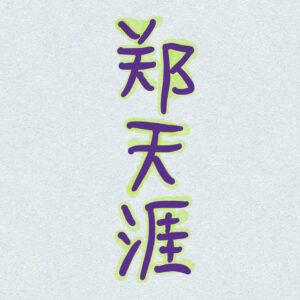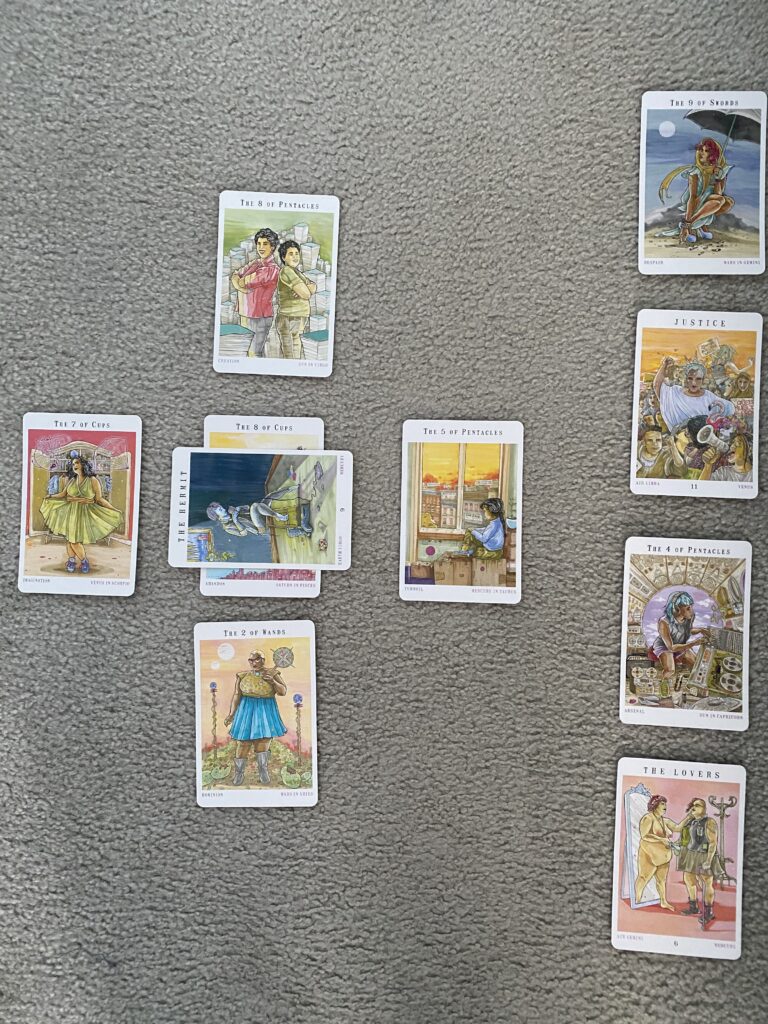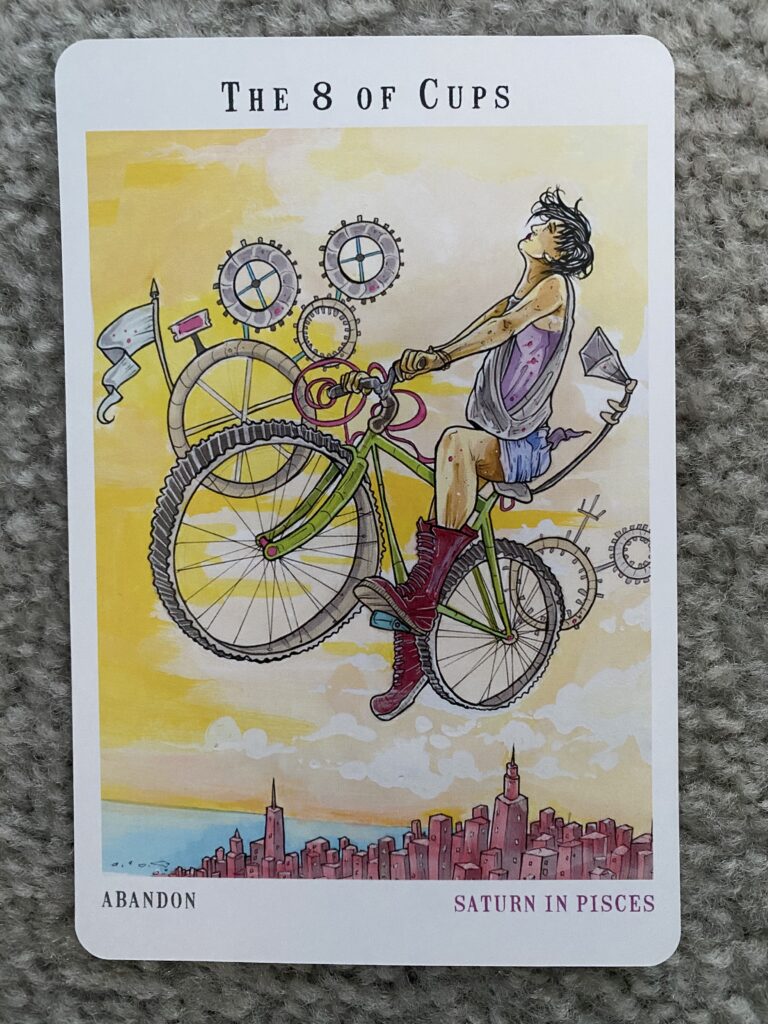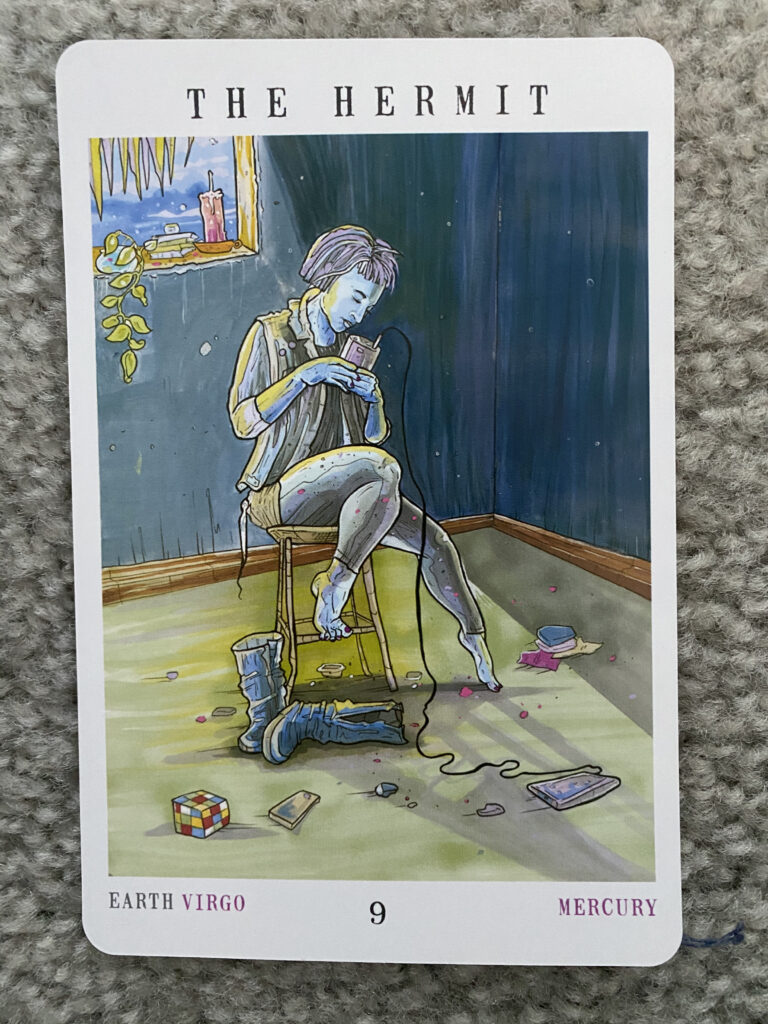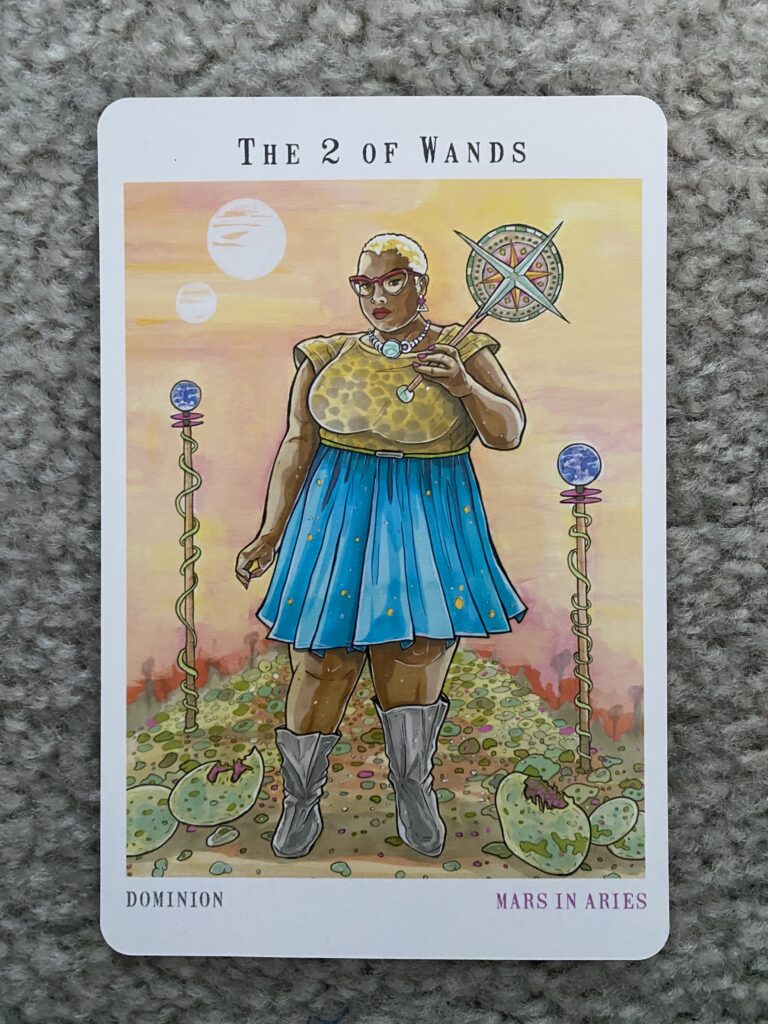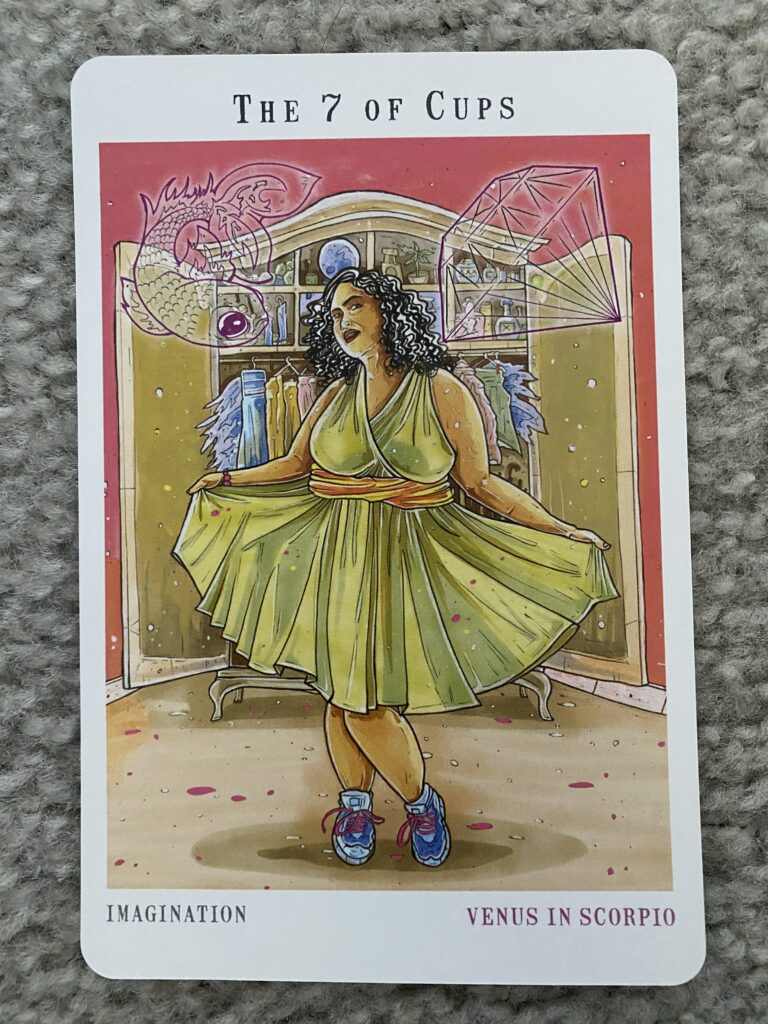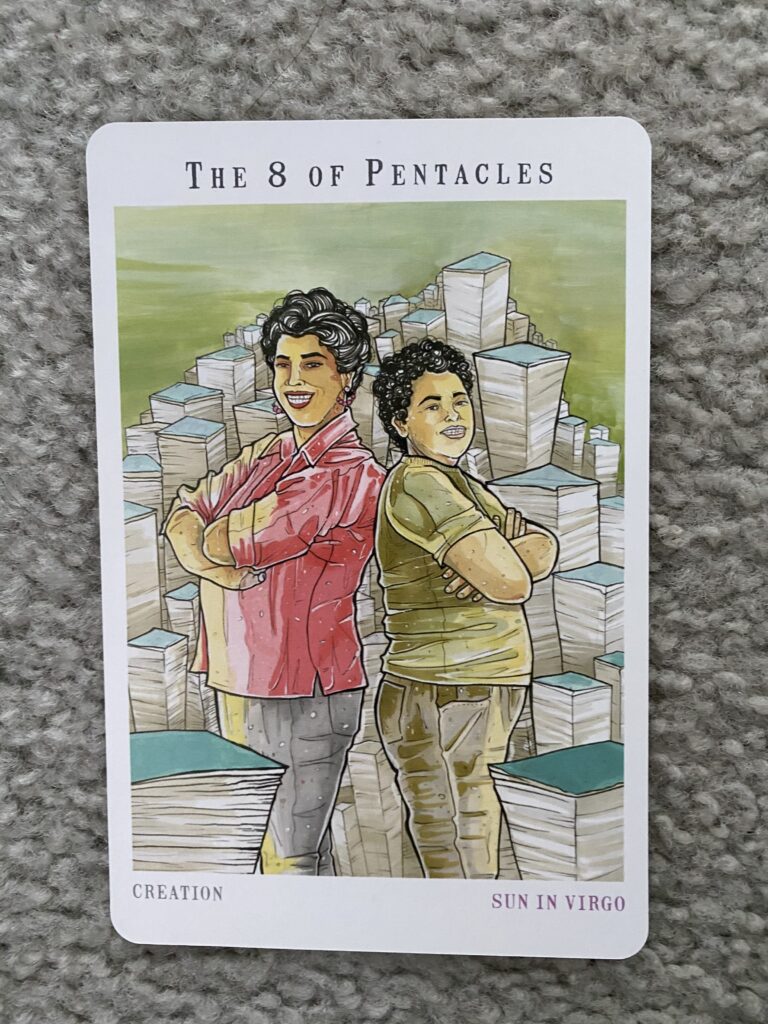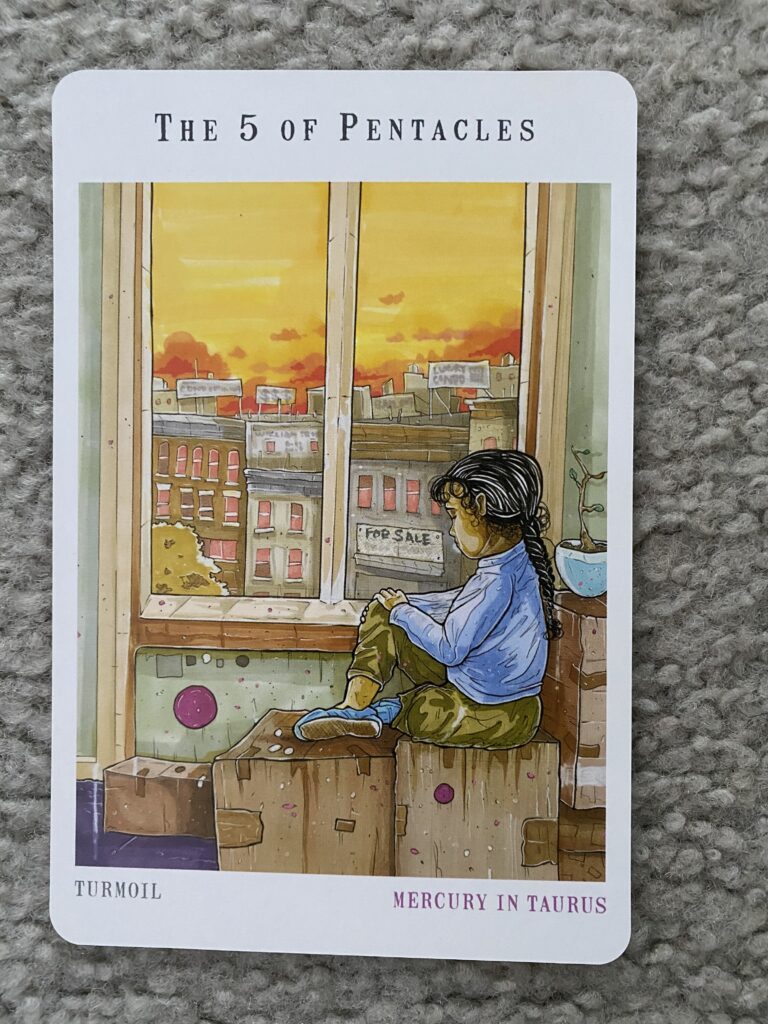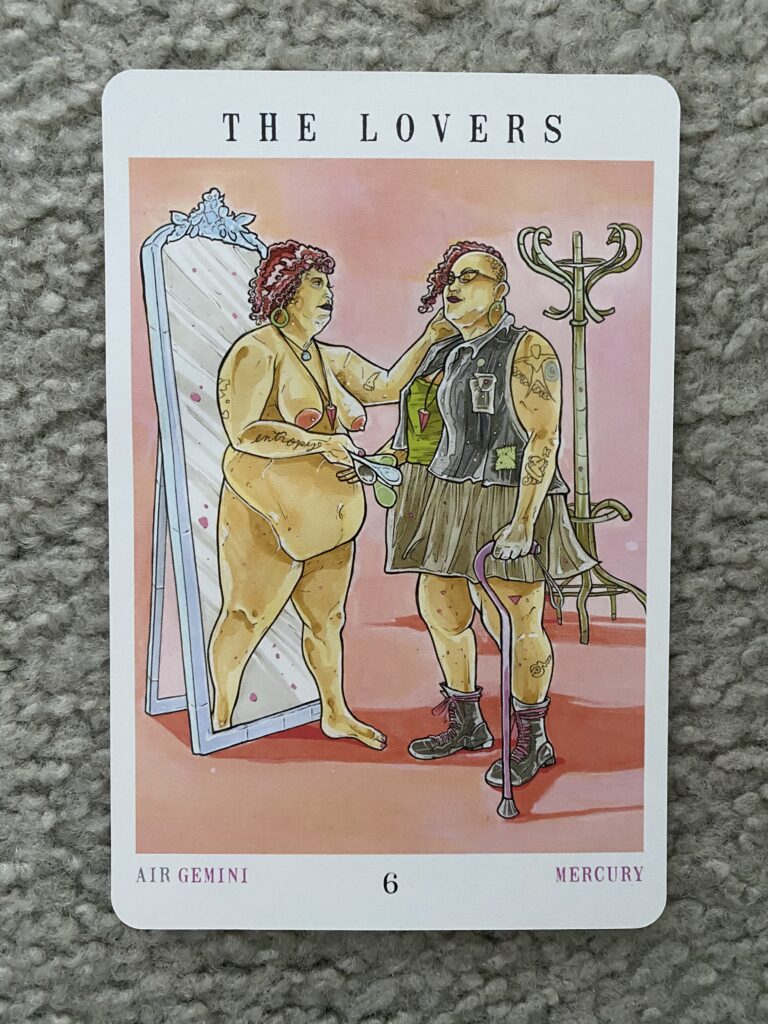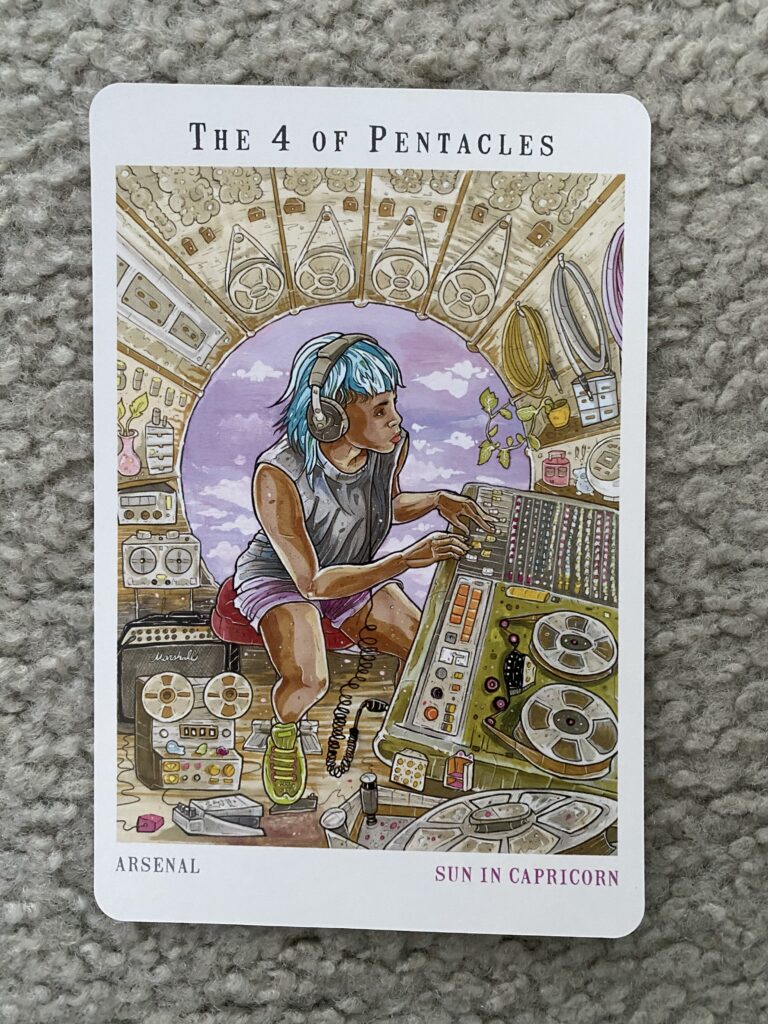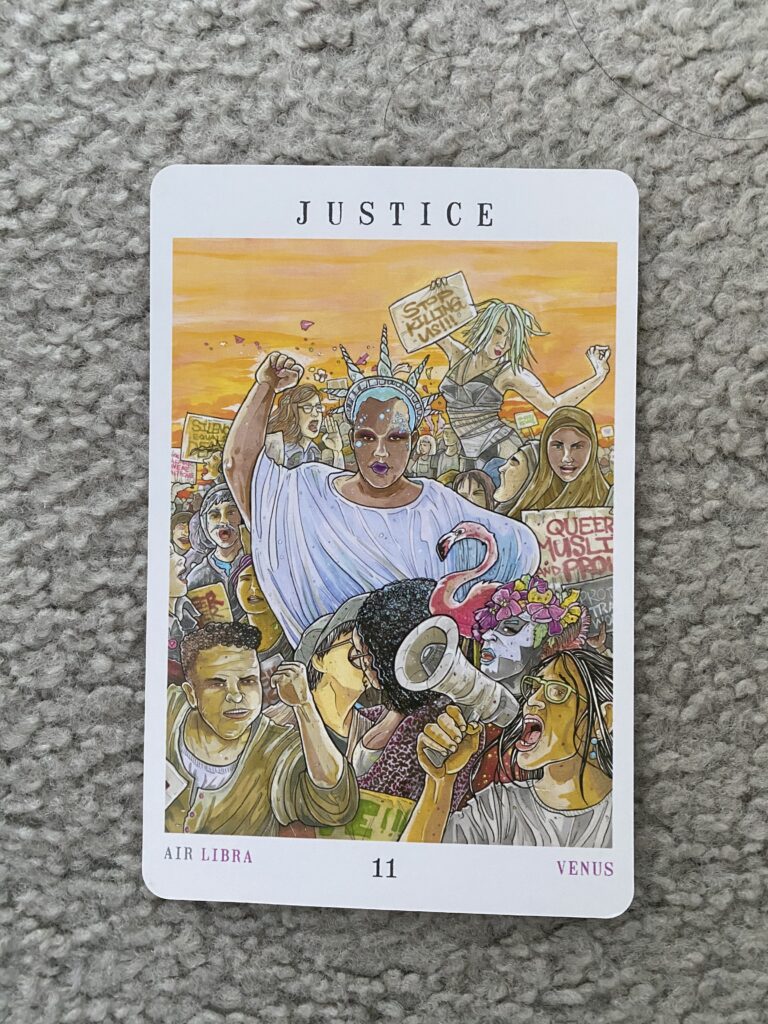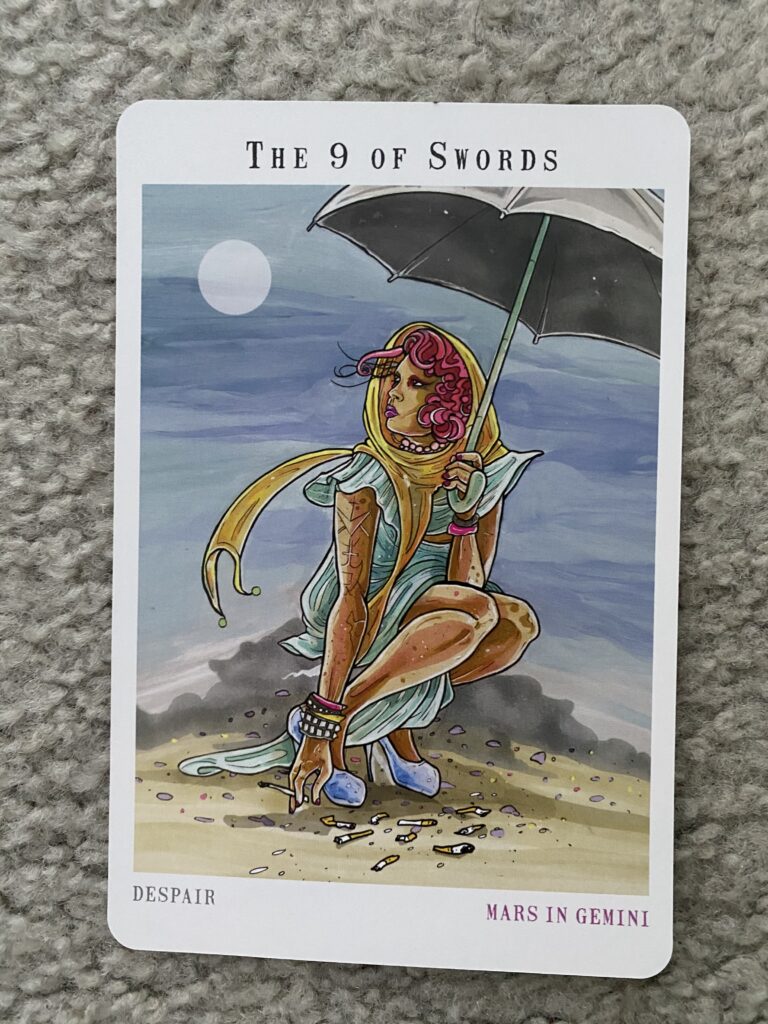This is a writing assignment that I was given in my Combinatorics class this semester, which is at Swarthmore College. I was only asked to write 1-2 pages, but I wrote more because I wanted to write out my story. There are definitely important experiences that I did not mention in this essay, including my frustrations with Kumon (which my parents enrolled me in for enrichment after I complained about 7th grade maths being too easy) and my teaching fellowship this past summer in which I taught Algebra 2. I will likely write about these and other neglected topics in the future, when the time is right for me.
The essay is largely untouched from when I submitted it, except for a small grammatical correction and a few clarifications for people not in the Tri-Co (i.e. Haverford, Swarthmore, or Bryn Mawr College)
Note: Though I generally use American English, I like to shorten “mathematics” as “maths” to suggest the multifaceted nature of a subject that many people wrongly believe is about getting “the” right answer. There are many types of mathematics, and not all are true at once.
One of my best and most formative experiences with mathematics was a program in my elementary school called Math Enrichment. It was offered from 4th to 6th grade as a program that pulled out advanced students from regular maths class 2 days a week. The program focused on developing problem-solving skills rather than on learning particular mathematical “content,” though we were exposed to many topics beyond the normal curriculum. I loved Math Enrichment, especially because the teacher was super creative and playful and thus showed me that maths could be the same. (She loved frogs and had many (fake) frogs around the room, which led me to be obsessed with frogs at one point too.)
In middle and high school, however, school maths was a disappointment. Firstly, even though in my last year of elementary school (6th grade), I sometimes brought a small algebra book to class and studied it, no one told me that I could test out of Pre-Algebra, the usual Honors maths course for a mathematically strong 7th grader; I only learned of this because several of my classmates with educationally savvier parents tested out. So I was determined to test out of Algebra 1 the next year, but when it came time to do so, my father forced me not to because he thought there would be too much homework or that I would have no friends. Only the following year, after finding all of middle school maths to be very boring, was I finally able to test out of a maths course, and the year after that (10th grade) I skipped a course again in order to take AP Calculus BC. None of the courses I took, however, had the excitement of Math Enrichment. At least in middle school I had MathCounts, but the high school Mathletes club was bland and not well-run. I knew about Art of Problem Solving and wished I could take their courses, but my parents did not want me to. (I have frequently butted heads with my parents on a lot of matters, educational and other.) And after AP Calc, my school didn’t offer any more advanced maths courses, so in 11th and 12th grades I took first a computer science course my school offered and then an online multivariable calculus course from CTY, the former of which was really fun, the latter of which not so much (mostly because it often did not go into the “why” of concepts; because of that, I taught myself a little real analysis from an online textbook to try to understand the underpinnings of calculus).
Yet my frustration with my mathematics education and with schooling in general played an important role in my developing a strong interest in thinking about how education should be in general as well as how mathematics specifically should be taught. I frequently wrote articles for my high school newspaper exploring educational issues and even critiquing the school system, advocating for student voice in school and self-directed learning in students’ own lives. I devoted a three-part series to mathematics education in particular, arguing for more creative and engaging pedagogy such as what Jo Boaler has written about and for people to be able to find joy and relevance in maths in their own ways. As I attended a traditional public school, I thought a lot about how public school could be reformed and transformed, but I also semi-secretly longed for more radical and alternative approaches to education, wishing that my parents would allow me to homeschool/unschool or join an alternative learning community.
The summer before 12th grade, I attended MathILy (serious Mathematics Infused with Levity), a five-week summer maths program in discrete maths at Bryn Mawr. I chose to attend because it seemed reminiscent of the fun, creative vibes of Math Enrichment, and my parents were finally allowing me to do such a program. It was much more challenging than I expected, not just academically, but also emotionally. I struggled with much imposter syndrome, crying in class by the end of the first week and multiple times thereafter. I had grown up always being one of the top students in the class, if not by grades then by obvious intellectual passion, and I had become too accustomed to that. In MathILy, I was surrounded by students who had a lot more problem-solving experience than I did and who often thought more quickly than I did as well, and it was even more intimidating that most of them were younger than me. I cognitively knew that maths was not about speed and that my struggle was not an indicator that I did not belong in maths – after all, this was what I passionately preached to others – but emotionally I seemed unable to grasp this. What I was particularly good at, however, was proof-writing and finding logical holes in other students’ arguments, and I tried to remind myself of this strength when I became frustrated. There were times, however, when I did find a lot of joy in maths at MathILy, and I am still connected with some classmates and instructors from the program.
Since attending MathILy, I have realized that one of the biggest difficulties I can have when learning mathematics is when I am first introduced to a concept and its notation, and I must keep the definition and notation in my memory while solving my first problems using that concept. This was a lot of the difficulty that I faced at MathILy, when it seemed like everyone else quickly developed facility with new concepts. As I need to have a certain intuitive feeling for a concept in order to understand it well, and that intuition needs time to develop and can be easily hindered by notation that packs so much meaning into an arrangement of symbols that too often looks like the same mysterious jumble of letters and parentheses and such that are overused everywhere in maths, I can struggle a lot in these initial stages of learning and get frustrated if instruction moves too fast. I need to repeatedly remind myself of what new notation means and be patient if I keep forgetting or fail to connect pieces of various new definitions together.
At the start of college, I was perhaps 80% confident that I wanted to major in music and maths, and the professors I had for maths confirmed my desire to study the subject. I saw both maths and music as my tools for creating social change, and I also longed for more enriching classroom experiences in them, since so much of my learning in both subjects was self-taught. I did well in my maths courses up through fall semester of sophomore year, although taking Differential Geometry in first-year spring was more of a challenge, especially since I was the only first-year and since it was the start of the pandemic. I particularly enjoyed collaborating inside and outside of class with my friend Alex in Analysis 1; the first time we collaborated in our flipped-classroom class, we ended up excitedly yelling across the room as we generated ideas together.
When winter break came in my sophomore year, I soon fell into a depressive state, which began a period of struggle with not-easily-definable mental illness/Madness, identity crisis, and the troubling of the buoyant boldness that had carried me through the beginning of college. The spring semester was very much a mess: I struggled to keep up with all my classes, and I ended up in a psych hospital towards the end. My struggles continued to the next semester (last fall), but I had a new CAPS (Haverford Counseling and Psychological Services) therapist who was really helpful for me, so even though I was hospitalized again in the middle of the semester, things were getting better and I finished that semester stronger than the previous. (Why didn’t I just take a semester off? Because home was emotionally suffocating, and my support system was at college.)
That fall, however, I had much trouble with my maths course, Topology. I had taken multiple courses with that professor (Tarik) previously and liked his approach, but for this course he attempted to use the Moore Method, which the usual Topology professor (Josh), who was on sabbatical, used for the course. Although from what I could tell, people liked Josh’s Topology course, copying Josh’s method backfired for Tarik: many of the students, including me, disliked the limited scope of collaboration allowed beyond the correcting of proofs and much preferred Tarik’s engaging lecture style. By around fall break, due to this feedback from students, Tarik switched back to his usual pedagogy.
Yet the way that my mental and emotional wellbeing (or lack of it) interacted with the Moore method drastically affected my ability to engage in the course that semester. Since we were forbidden from collaborating on problems before they were presented in class, I had to face challenging material on my own, and self-doubt quickly arose. Soon, I fell into a crisis over my studies: why had I chosen to major in maths? No one had forced me to — my parents actually were against it, saying that you needed to be a “genius” or that it was not “practical.” I had decided this, and I now questioned my decision. Was I simply not interested in maths anymore? The self-doubts happened so often that I became unable to complete homeworks and fell behind in class. By the time Tarik switched the format of the course, I dropped it because I felt that I could no longer catch up.
When it came time to preregister for the spring, I chose to wait on deciding whether to keep or drop the maths major. Instead, I decided to try applied maths, thinking that it might interest me more. I took Scientific Computing as well as Information and Coding Theory. Although the courses were interesting, I found myself really missing the fun of theoretical maths. (Even though Information and Coding Theory was theory, the course felt directed towards computer science students not as interested in playing with maths as much as using it for computer science.) That semester, I got to collaborate with Alex again in the first annual TriCERATOPS contest (an informal team maths problem-solving contest for students in the Tri-Co), and it reconnected me with the joy I have in solving problems with other people. Now, I have realized that that social element is essential for me, whether it is through learning together with peers or through teaching.
I want to note that though it is important that I have recognized in myself the particular joy I have in learning theoretical maths, I feel that I also still need to challenge my bias towards “pure” maths and familiarize myself with the applications of mathematical concepts I learn. I do not believe in academic siloing, and I think that it is such siloing that has led to way too much research being done without consideration of real-life ethical consequences. Often I catch myself feeling particularly defensive about theoretical maths, valuing it more highly because of its perceived beauty or difficulty, and I realize that this has resulted in part from society’s worship of mathematical “genius,” but also from my own battle to have the agency to learn what I want to learn.
So this year, especially as I am tackling two senior thesis projects, one in music and one in maths, I want to take maths classes for joy. Sure, I’m fulfilling my last two maths elective requirements, but I want to focus on having fun through learning and playing with mathematical concepts with other people. I will still get frustrated and even perhaps very distressed at times, but it is worth it for the joy I experience at other times.
Until just a few months ago, I had vaguely entertained ideas about going to maths grad school, but I no longer consider that a satisfying option for me. It is not that I would not like studying more maths or learning to do research, but that I cannot do so in the way that a grad school would have me do it. In many ways, I feel that much of academia is a research mill, and even more so in “STEM” (how much I hate the acronym which wrongly separates “technical” work from “human” work!), and although I know I can challenge what I disagree with from the inside, I prefer to simply refuse. The work I must do with maths is different: I need the space to think about philosophy and ethics, learn about ethnomathematics and maths from different cultures, engage in maths freely with other people and create spaces for community-building through play. I would pursue this work in parallel with my equally serious interest in the performing arts, in a way that pragmatically sustains me, but also that gives me the freedom to plant my own path. It is scary to think about — can I really do this? — but I must. It is what I’ve been longing for since childhood.
Share this post
